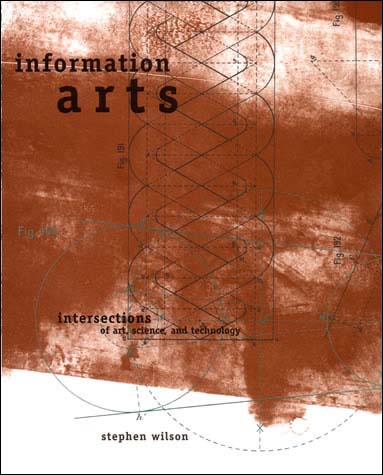Sherry Turkle: The Second Self: Computers and the Human Spirit, 20th ed. (1984/2005)
Filed under book | Tags: · artificial intelligence, computing, hacker culture, machine, media culture, psychology, software, things, video games

“In The Second Self, Sherry Turkle looks at the computer not as a “tool,” but as part of our social and psychological lives; she looks beyond how we use computer games and spreadsheets to explore how the computer affects our awareness of ourselves, of one another, and of our relationship with the world. “Technology,” she writes, “catalyzes changes not only in what we do but in how we think.” First published in 1984, The Second Self is still essential reading as a primer in the psychology of computation. This twentieth anniversary edition allows us to reconsider two decades of computer culture—to (re)experience what was and is most novel in our new media culture and to view our own contemporary relationship with technology with fresh eyes. Turkle frames this classic work with a new introduction, a new epilogue, and extensive notes added to the original text.
Turkle talks to children, college students, engineers, AI scientists, hackers, and personal computer owners—people confronting machines that seem to think and at the same time suggest a new way for us to think—about human thought, emotion, memory, and understanding. Her interviews reveal that we experience computers as being on the border between inanimate and animate, as both an extension of the self and part of the external world. Their special place betwixt and between traditional categories is part of what makes them compelling and evocative. (In the introduction to this edition, Turkle quotes a PDA user as saying, “When my Palm crashed, it was like a death. I thought I had lost my mind.”) Why we think of the workings of a machine in psychological terms—how this happens, and what it means for all of us—is the ever more timely subject of The Second Self.”
Keywords: personal computer, Speak and Spell, video games, hacker culture, artificial intelligence, Software Wars, Pac-Man, Marvin Minsky, Merlin, Seymour Papert, tic-tac-toe, Dungeons and Dragons, sprite, Tinkertoys, Sherry Turkle, Joseph Weizenbaum, home computer, computer program, pinball, Space Invaders
Publisher MIT Press, 2005
ISBN 0262701111, 9780262701112
372 pages
PDF (updated on 2014-9-15)
Comments (3)Stephen Wilson: Information Arts: Intersections of Art, Science, and Technology (2002)
Filed under book | Tags: · art, art and science, artificial intelligence, artistic research, bio art, biology, ecology, electronic art, genetics, interactive media, media art, nanotechnology, new media, physics, robots, science, sound art, technology, telepresence, theory

“A new breed of contemporary artist engages science and technology—not just to adopt the vocabulary and gizmos, but to explore and comment on the content, agendas, and possibilities. Indeed, proposes Stephen Wilson, the role of the artist is not only to interpret and to spread scientific knowledge, but to be an active partner in determining the direction of research. Years ago, C. P. Snow wrote about the “two cultures” of science and the humanities; these developments may finally help to change the outlook of those who view science and technology as separate from the general culture.
In this rich compendium, Wilson offers the first comprehensive survey of international artists who incorporate concepts and research from mathematics, the physical sciences, biology, kinetics, telecommunications, and experimental digital systems such as artificial intelligence and ubiquitous computing. In addition to visual documentation and statements by the artists, Wilson examines relevant art-theoretical writings and explores emerging scientific and technological research likely to be culturally significant in the future. He also provides lists of resources including organizations, publications, conferences, museums, research centers, and Web sites.”
Published by MIT Press, 2002
ISBN 026223209X, 9780262232098
969 pages
PDF (updated on 2012-10-23)
Comment (0)
